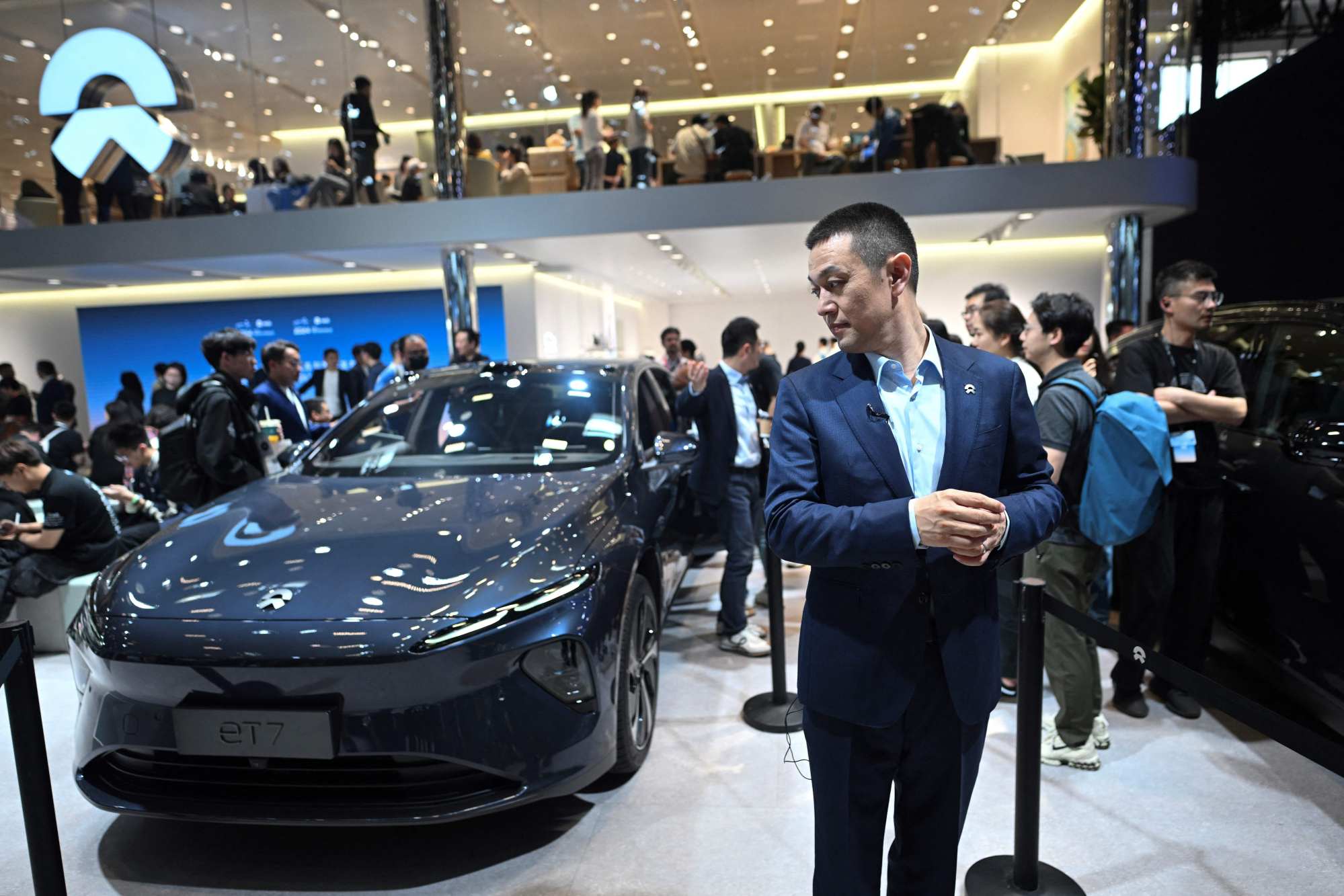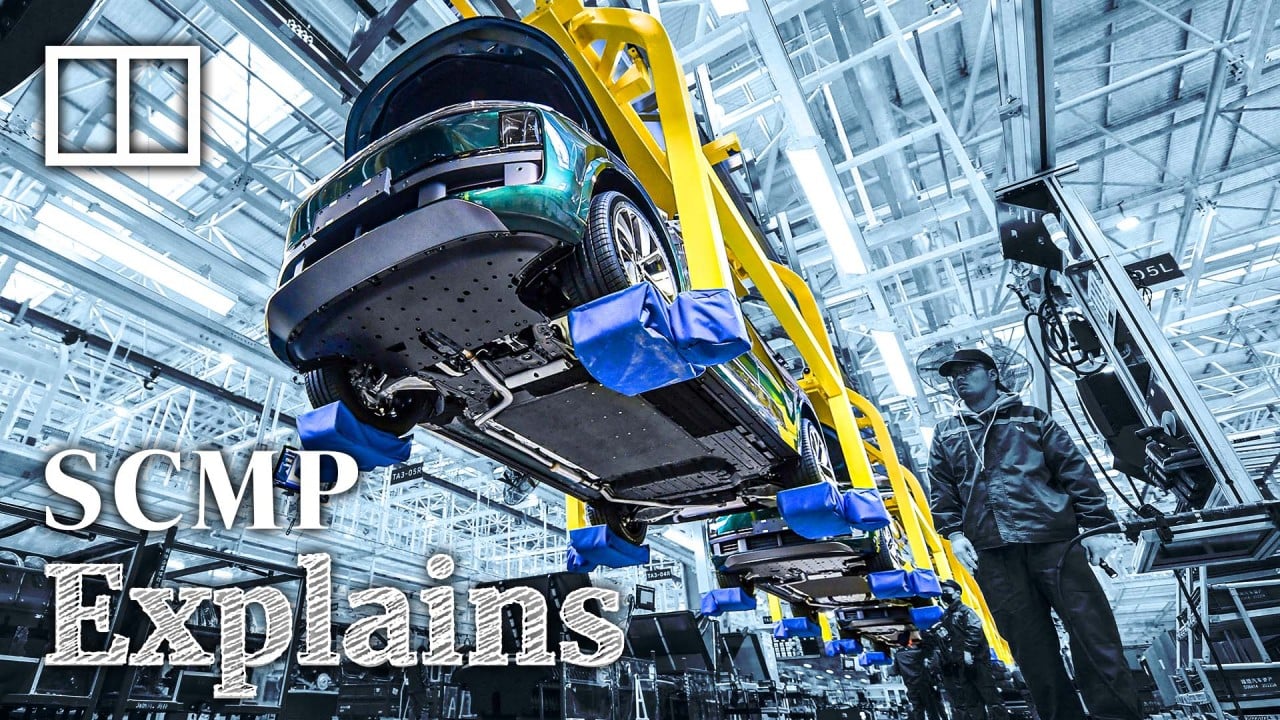The two companies signed an agreement for strategic cooperation in pushing for battery technology standards, developing EVs with chargeability and swapability, and building a recharging service ecosystem, according to a statement in Shanghai on Wednesday.
“The strategic cooperation is expected to further push forward the standardisation of battery-swap technology, the extension of the business model of battery swap, and a larger scale of battery swapping network,” William Li, co-founder and chairman of Nio, said in the statement.

FAW would promote the green and intelligence-based development of the automotive industry, said Qiu Xiandong, chairman of state-owned FAW, which is based in Changchun, the capital of northeastern Jilin province.
Nio had earlier tied up with peers including Zhejiang Geely Holding Group, Changan Automobile and JAC Group to jointly develop and promote its battery swapping technology.
It currently operates more than 2,400 battery-swapping stations across mainland cities, having launched its first in Shenzhen in May 2018. Most of its stations can automatically navigate a car into the proper position, with the swap taking about three minutes to complete. A battery that can last for 500km costs about 50,000 yuan (US$6,900) to produce, according to an industry estimate.
FAW’s deliveries rose 7.5 per cent last year to 3.44 million units, including lorries and commercial vehicles. Its iconic Hongqi, or Red Flag, is viewed as a symbol of the Communist Party of China’s might.
“It is important for Nio to secure the support of powerful carmakers such as FAW to promote its battery swap technology,” said Gao Shen, an independent analyst in Shanghai. “A unified industry standard needs to be created as soon as possible to make the technology widely used.”
Both parties announced in March that they would co-develop batteries with longer lives as a way of lowering overall costs for EV users. They aim to churn out EV batteries that can last for as long as 15 years, nearly double the current average lifespan, they said.


